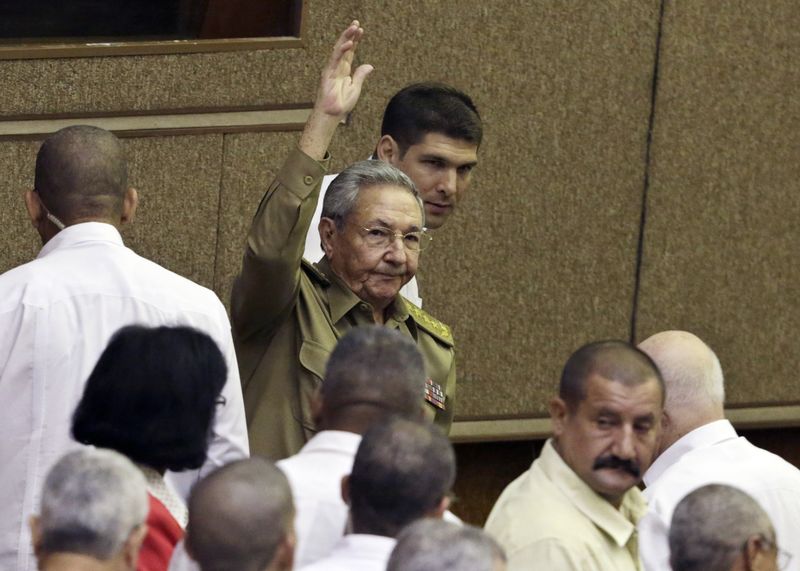By Daniel Trotta
HAVANA (Reuters) - Cuba would agree to restore diplomatic relations with the United States in time for the April Summit of the Americas if Washington quickly and convincingly removes the Caribbean country from a list of state sponsors of terrorism, a senior Cuban official said on Wednesday.
Diplomatic ties were severed in 1961, and negotiators for the two longtime adversaries will meet in Washington on Friday, following up on the first round of talks held in Havana last month.
If the two sides move fast enough, they could reopen embassies in each other's capitals in time for the April 10-11 Summit of the Americas in Panama, where U.S. President Barack Obama and Cuban President Raul Castro could meet for the first time since they agreed to restore ties and exchange prisoners on Dec. 17.
It would be their first face-to-face-meeting since a handshake at Nelson Mandela's funeral in December 2013, when unbeknownst to most of the world the two countries were six months into secret talks aimed at ending hostilities.
A senior Cuban official on Wednesday said relations could be restored in time for the summit but put the onus on Washington to first strike Cuba from the terrorism list, which can apply sanctions to banks doing business with the designated countries.
"It depends on what the United States does. It does not depend on Cuba," Gustavo Machin, deputy director of U.S. affairs for the Cuban foreign ministry, told reporters on Wednesday. "It depends on whether we are really taken off the list of terrorist countries."
Obama would need to inform Congress of any decision to remove Cuba from the list, a notification that requires 45 days to become official, which is not enough time before the summit.
The American side has said Obama's notification alone should be sufficient because Congress cannot overturn the president under current law.
"I cannot say today, right now, if the act of making the announcement would be a sufficient guarantee," Machin said.
U.S. officials have shown a willingness to expedite the six-month review process and remove Cuba before the summit.
The other countries on the list are Iran, Syria and Sudan.

Cuba was added in 1982, when it aided guerrilla movements during the Cold War. The most recent report cited Cuban support for the Basque separatist group ETA, which has ceased operations, and Colombia's FARC rebels, who are in peace talks.